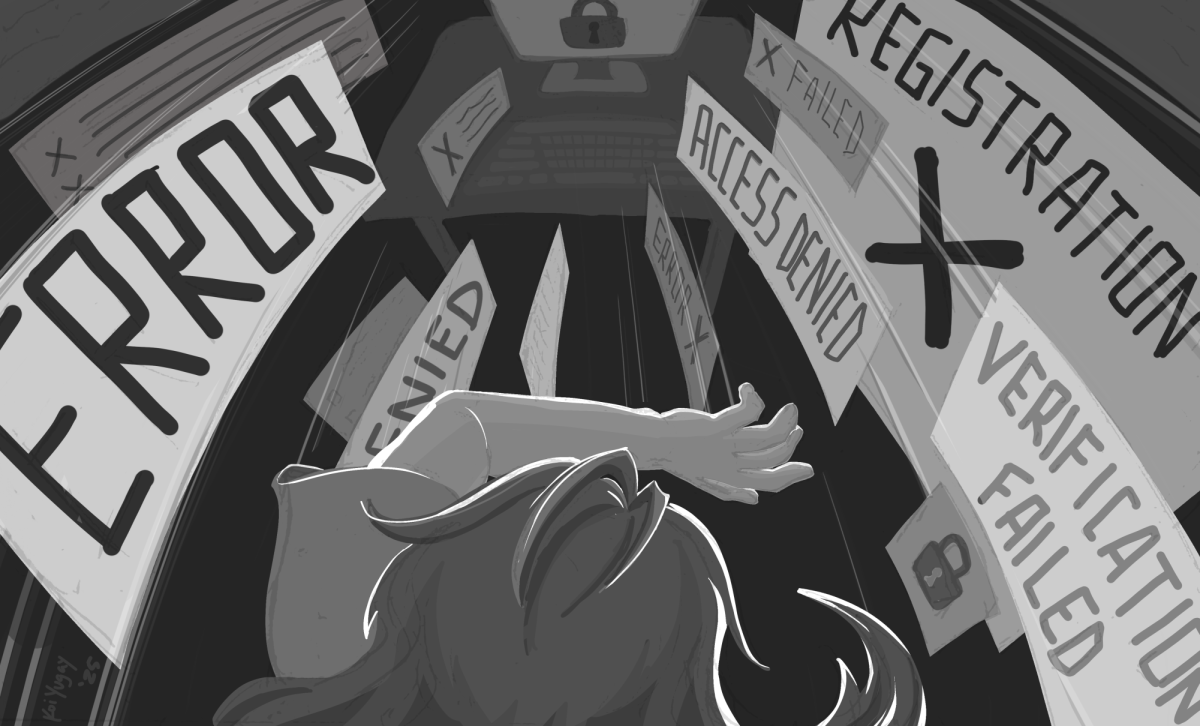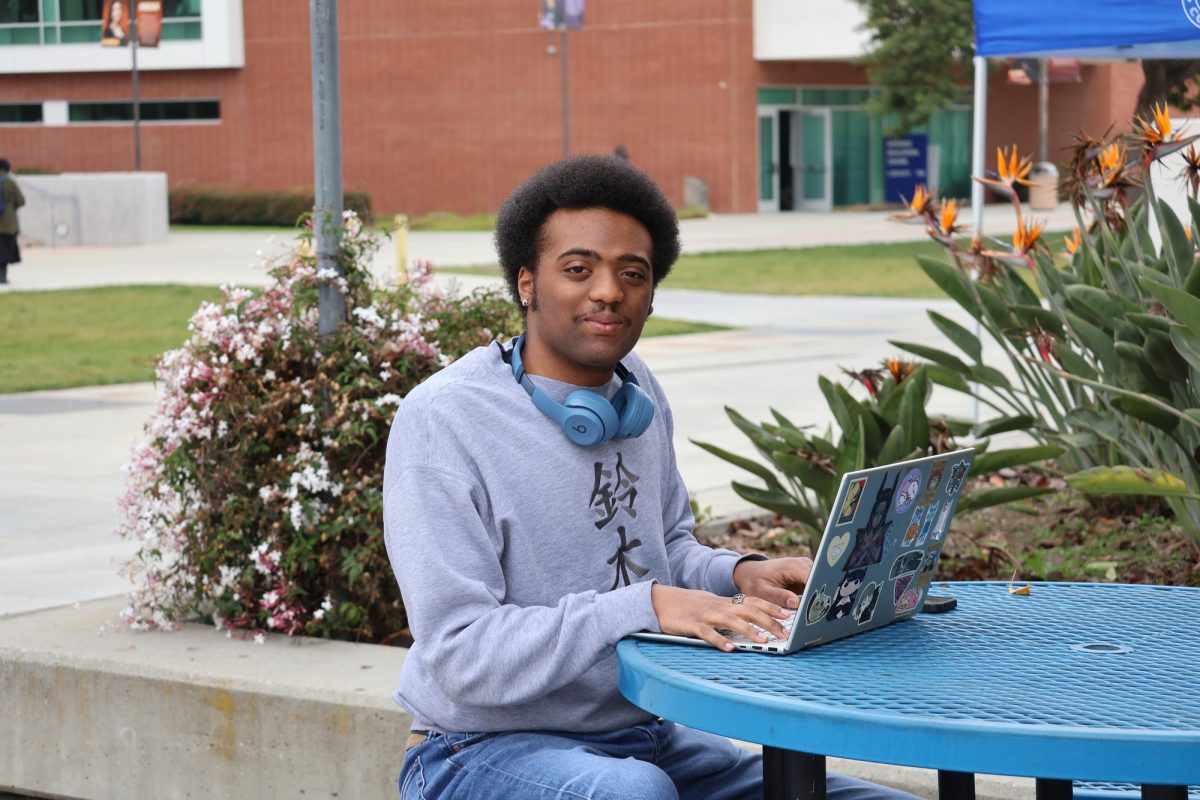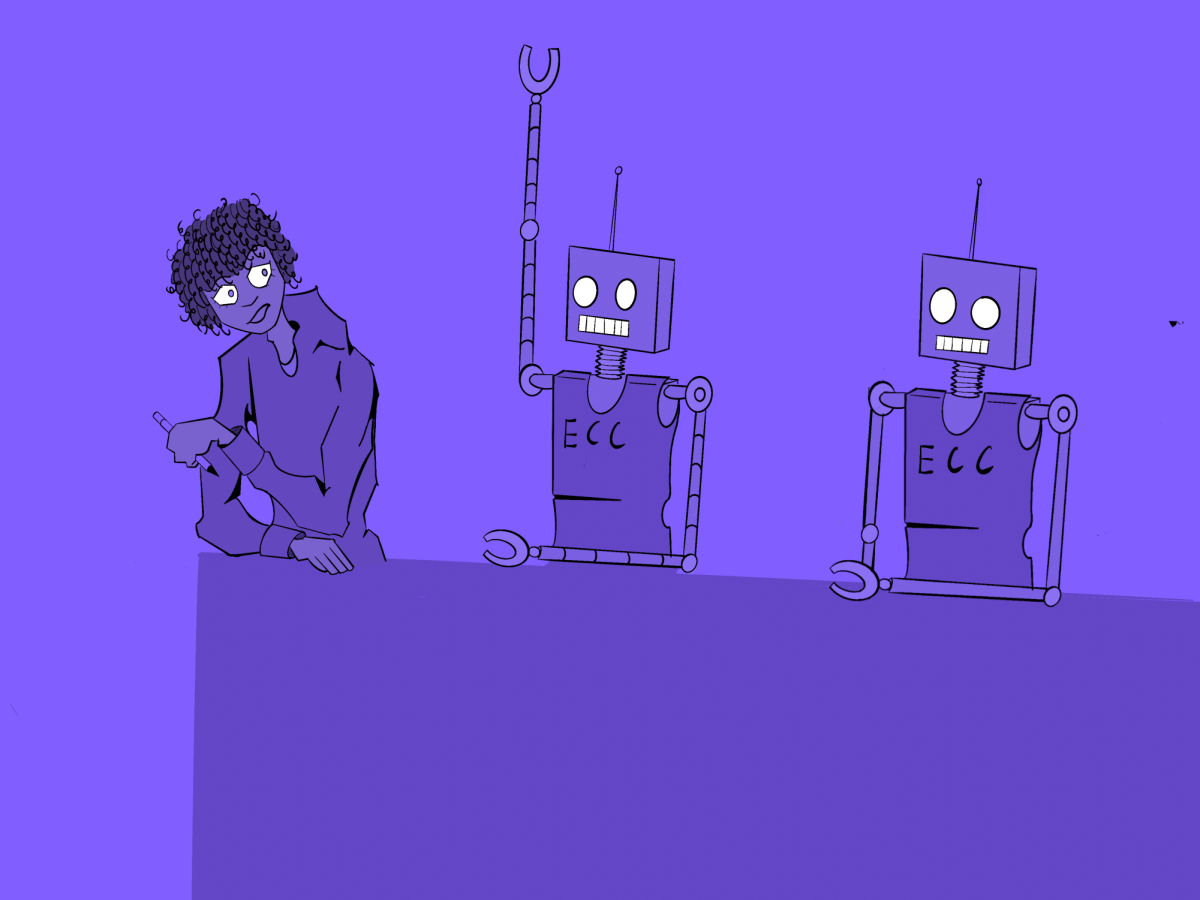The COVID-19 pandemic has affected not only El Camino College students but students all around the world.
When it comes to the education system and how things are planned throughout the year, neither student nor instructor were prepared for what was to come ahead.
The change was drastic when campuses around the country began to shut down.
Everyone thought in their heads, “this is an overreaction and will soon pass,” or “we won’t get shut down, there’s nothing to worry about.”
The transition from in-person classes to online was far from smooth, every class needs weeks of preparation in order for the semester to run smoothly.
Instructors were only given one week.
Personally, I’m the type of person that plans out their schedule based on routines that allow me to schedule my schoolwork within certain times during the day.
With my entire school day ruined by the impacts of coronavirus, my routines slowly started to disappear.
Waking up early and physically going to class was an experience that mentally prepared me to learn. The educational environment that campus offers is almost impossible to replicate at home.
My first few weeks online were really rough, instructors were struggling to move everything onto Canvas and students were scrambling to find the assignments.
I was endlessly scrolling through Canvas and there was a lot of confusion on what was due and where exactly to find the assignments.
In the midst of everything moving online, everybody was stuck indoors. I remember the first week of social distancing, when the weather was rainy and cold.
To add to this scenery was also the fear of how detrimental this pandemic could actually become.
When it came to doing schoolwork online, it was really difficult to focus on assignments when you have to worry about your health and the loved ones around you that still have to go to work.
As the first few weeks online continued, it felt bearable because it was experimental.
Once students stopped going to class and everything transitioned to online meetings it felt like a disconnection from the educational world.
Collaborative work is something that I find to be a key component in learning. Whether it’s asking a random student what they thought about the lecture or meeting up with classmates to study or work on assignments, that type of work is essential to the learning experience.
To combat this issue, group assignments would be beneficial for students to communicate with their peers and get different opinions and thoughts on things they wouldn’t have thought about before.
When learning a new topic or solving a math problem, we can often gain valuable information from other students because some feel more comfortable asking peers rather than instructors.
According to a study done by Stanford Professors Lindsay Fox and Eric Taylor, the results show that “students consistently perform worse in an online setting than they do in face-to-face classrooms; taking online courses increases their likelihood of dropping out and otherwise impedes progress through college.”
The study was done in 2017 without the factors of stress from an ongoing pandemic.
I would argue that with these external factors the dropout rates would be even higher.
COVID-19 has left many people ill and left millions without employment, yet students are still expected to push forward as if the only problem is not being able to leave the house.
A week from now we don’t know if we’ll fall severely ill, or if anyone we know will pass away due to the virus.
In times like these where we don’t know what tomorrow is going to look like, instructors need to have more compassion and go back to the fundamental ways of caring for one human to another.
We students are all humans, not machines that produce quality work under great amounts of stress.







